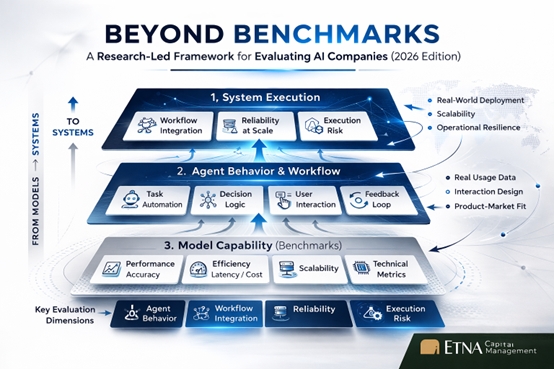
(© Mirko Grisendi – Pixabay )
According to the Bureau of Labor Statistics, it takes almost 50% longer to fill technical roles compared to non-technical ones—and the demand for software developers is only expected to increase by over 20% between 2021 and 2031. It’s no surprise, then, that Gartner predicts by the end of this year, non-technical employees will build 80% of new business applications and automations. To unlock the untapped potential of workers outside of the IT and developer world, many organizations are creating and executing citizen development programs.
Citizen development is key to addressing talent shortages and scaling innovation enterprise-wide. The process of training non-coders and business users on critical tech not only empowers them to create their own solutions but also unleashes the untapped potential of their diverse range of skills (e.g., customer service, user experience, marketing, etc.). This process has become even more vital in the age of AI, as companies need every worker to understand the capabilities of the technology and how to deploy it to foster collaboration and unlock new sources of innovation.
With citizen development programs, organizations can upskill and reskill employees to lead these projects, enabling the scalable integration of AI and improving value creation beyond the confines of the IT department. Citizen development allows organizations to address common challenges seen when implementing or scaling Gen AI and automation while also providing powerful business benefits, including maximizing ROI in AI. Embracing citizen development is not just a choice but a necessity for businesses to thrive in an AI-powered future.
The role of citizen development in addressing AI challenges
Despite widespread interest in AI, many organizations continue to struggle with scaling the technology. According to a new report by Boston Consulting Group (BCG), 66% of executives are ambivalent or outright dissatisfied with their organization’s progress on AI and gen AI so far, with 62% citing a lack of talent and skills as the primary cause of their flailing programs.
Citizen development presents an incredible opportunity to overcome skills gap issues as organizations get to create new AI champions beyond the IT department.
These programs empower users, regardless of coding knowledge, to create automations and code swiftly using natural language. With the aid of Gen AI-powered experiences, developers can streamline workflows and generate automations efficiently. Pre-built templates and integrations tailored to specific business needs further enhance development speed. Additionally, citizen developers can build interfaces that elucidate how AI models make decisions, thereby fostering greater trust and understanding among non-technical users. In fact, a 2023 study by Forrester shows that low-code citizen developers can brainstorm, create, test, and deploy apps 10x faster than with other tactics.
With centralized platform management and adequate support, employees can rapidly deploy tailored applications, addressing their business needs without resorting to unauthorized tools. For example, citizen developers in HR can automate tasks such as creating employee profiles and drafting job descriptions, leading to improved efficiency and accuracy in processes like skill mapping and hiring.
In healthcare, nurses can automate the aggregation of claim information of patents, finding and validating validation member eligibility and benefits. Gen AI and automation can also produce summarization for medical necessity determination, enabling these users to make faster and more accurate decisions on member utilizations.
The impact of citizen developers on AI ROI
With the AI and automation implementation process democratized via citizen development, organizations can use their collective expertise to drive innovation and maximize return on their AI and automation investments. Amazon is a great example of this in practice; the company is shaping the future of work and driving digital transformation by accelerating AI application development with the help of non-coders.
The company decided to create its citizen developer program to empower employees to take on evolving roles by equipping them with the necessary skills to leverage AI and automation. Through citizen development, Amazon tackled the immediate need for automation and cultivated a culture of continuous learning and innovation. With an estimated 30% of capacity savings attributed to automations by citizen developers, Amazon’s risk and treasury organization has reaped over 100,000 hours of capacity since 2020.
Citizen development is not just a tool but a strategic imperative that shapes the future of work. It fosters cross-functional collaboration, drives digital transformation, and gives businesses the ROI on AI to enable the case for increased deployments. By unlocking the potential of every employee and democratizing the AI development process, organizations can accelerate innovation, remain adaptable as their business landscapes evolve, and increase their competitive advantage.








